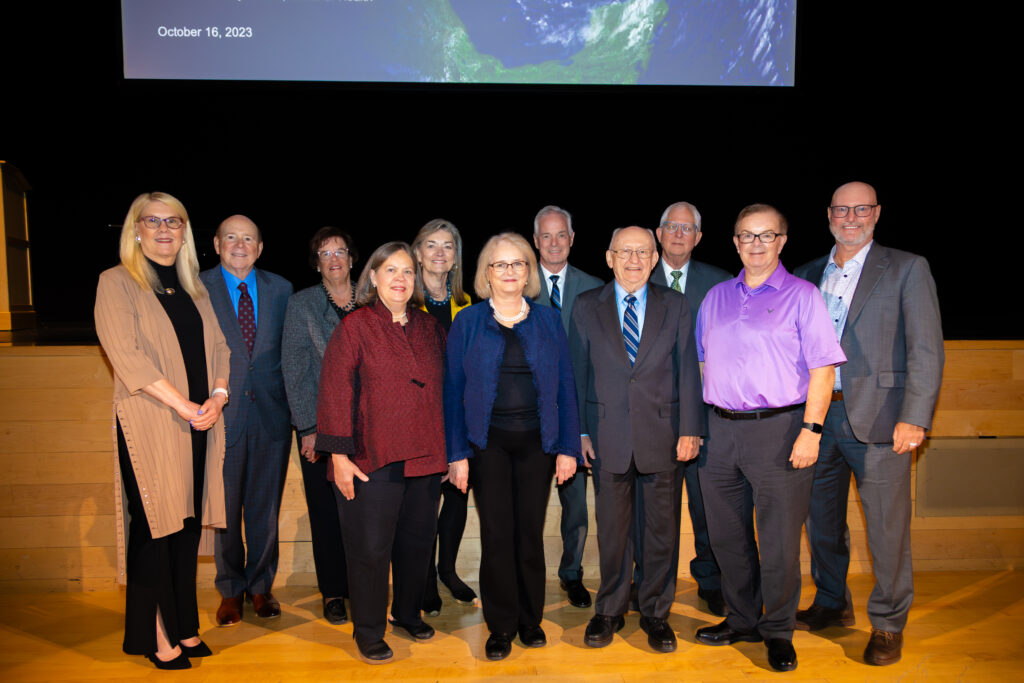It was no easy thing when Laurie Kramer began asking parents of young families to invite her into their homes.
She was pioneering a new area of clinical psychology focusing on the experiences of children 3 to 5 years old as they became siblings for the first time. It would emerge as Kramer’s specialty even though the timing, technologically, was difficult. She was launching her efforts in the pre-iPhone 1990s — the Betamax era of clumsy video equipment.
In those early groundbreaking days, she videotaped preschool-aged kids and their new baby siblings to study how exactly their relationships were formed. She was seeking to unravel the mysteries behind those interactions with an ultimate goal of developing tools that could help parents to develop positive relationships among their young children.
As renowned as Kramer has become in the study of sibling relationships, there remains in her a personal quality that empowers and transcends the cutting-edge research, a colleague says.
“It’s incredibly difficult work, it is intimidating for families, and so you have to be a trustworthy person and come to those interactions with genuine care,” says Christie Rizzo, associate professor of applied psychology at Northeastern. “Families pick up on when researchers are looking for data and maybe have lost focus on why they’re doing the work. And that is not Laurie: She’s really trying to do good work and help families and I think that is very much a reason why she’s been so successful.”




